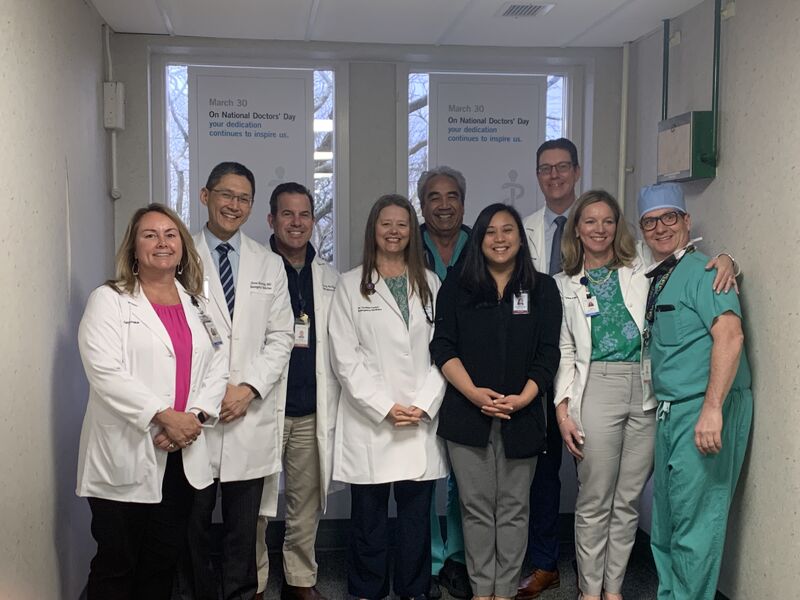Image Source: Google
Introduction
Medical groups play a crucial role in providing comprehensive healthcare services to individuals and communities. These groups consist of a team of healthcare professionals who collaborate to offer a wide range of medical services, from routine check-ups to specialized treatments. Understanding the breadth of services provided by medical groups can help individuals make informed decisions about their healthcare needs. This article explores the diverse range of services offered by medical groups, highlighting the importance of these organizations in promoting health and well-being.
Primary Care Services
One of the core functions of medical groups is to provide primary care services that focus on preventive healthcare and the management of common medical conditions. These services are typically delivered by primary care physicians, nurse practitioners, and physician assistants. Some of the primary care services offered by medical groups include:
- Annual check-ups and physical examinations
- Immunizations and vaccinations
- Management of chronic conditions such as diabetes, hypertension, and asthma
- Sick visits for acute illnesses
- Referrals to specialists for further evaluation and treatment
Specialty Care Services
In addition to primary care services, medical groups also offer specialty care services that focus on specific areas of healthcare, such as cardiology, dermatology, oncology, and orthopedics. These services are provided by healthcare providers who have advanced training and expertise in their respective specialties. Some of the specialty care services offered by medical groups include:
- Cardiac evaluations and procedures
- Skin cancer screenings and treatments
- Chemotherapy and radiation therapy for cancer patients
- Joint replacement surgeries and orthopedic rehabilitation
- Psychiatric evaluations and counseling
Diagnostic Services
Medical groups also offer a variety of diagnostic services to help diagnose medical conditions and monitor the effectiveness of treatments. These services are crucial for identifying health issues at an early stage and developing appropriate treatment plans. Some of the diagnostic services offered by medical groups include:
- Imaging studies such as X-rays, CT scans, and MRIs
- Laboratory tests for blood work, urine analysis, and genetic testing
- Electrocardiograms (ECGs) and other cardiac tests
- Pulmonary function tests for lung function assessment
- Endoscopic procedures for gastrointestinal evaluation
Preventive Care Services
Preventive care services are an essential component of healthcare that aims to prevent illness and promote overall health and well-being. Medical groups offer a range of preventive care services to help individuals maintain good health and reduce their risk of developing chronic diseases. Some of the preventive care services offered by medical groups include:
- Wellness exams and screenings
- Dietary counseling and weight management programs
- Smoking cessation programs
- Exercise and physical activity recommendations
- Immunization campaigns for flu, HPV, and other infectious diseases
Emergency Care Services
Medical groups also provide emergency care services to individuals who require immediate medical attention due to accidents, injuries, or sudden illnesses. These services are available 24/7 to ensure that patients receive prompt and effective care when they need it most. Some of the emergency care services offered by medical groups include:
- Triage and evaluation of patients with urgent medical needs
- Stabilization of patients in critical condition
- Diagnostic tests and imaging studies to assess the extent of injuries or illnesses
- Treatment and management of acute medical conditions
- Referrals to specialized facilities for higher levels of care, if needed
Conclusion
Medical groups play a vital role in delivering a wide range of healthcare services to individuals and communities. From routine check-ups to specialized treatments, these organizations are committed to promoting health and well-being through comprehensive and coordinated care. By understanding the diverse range of services offered by medical groups, individuals can access the care they need to maintain a healthy and fulfilling life.

